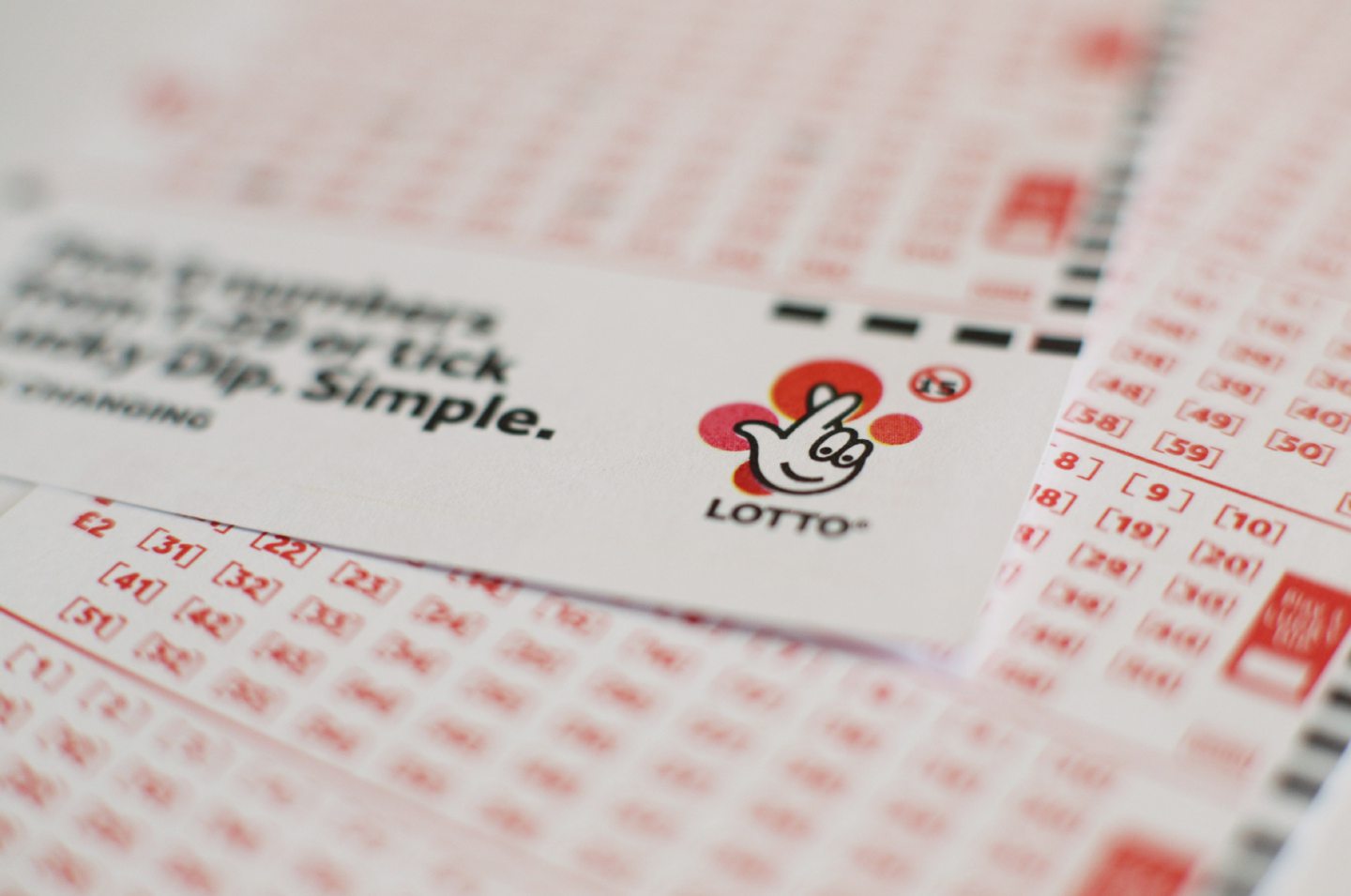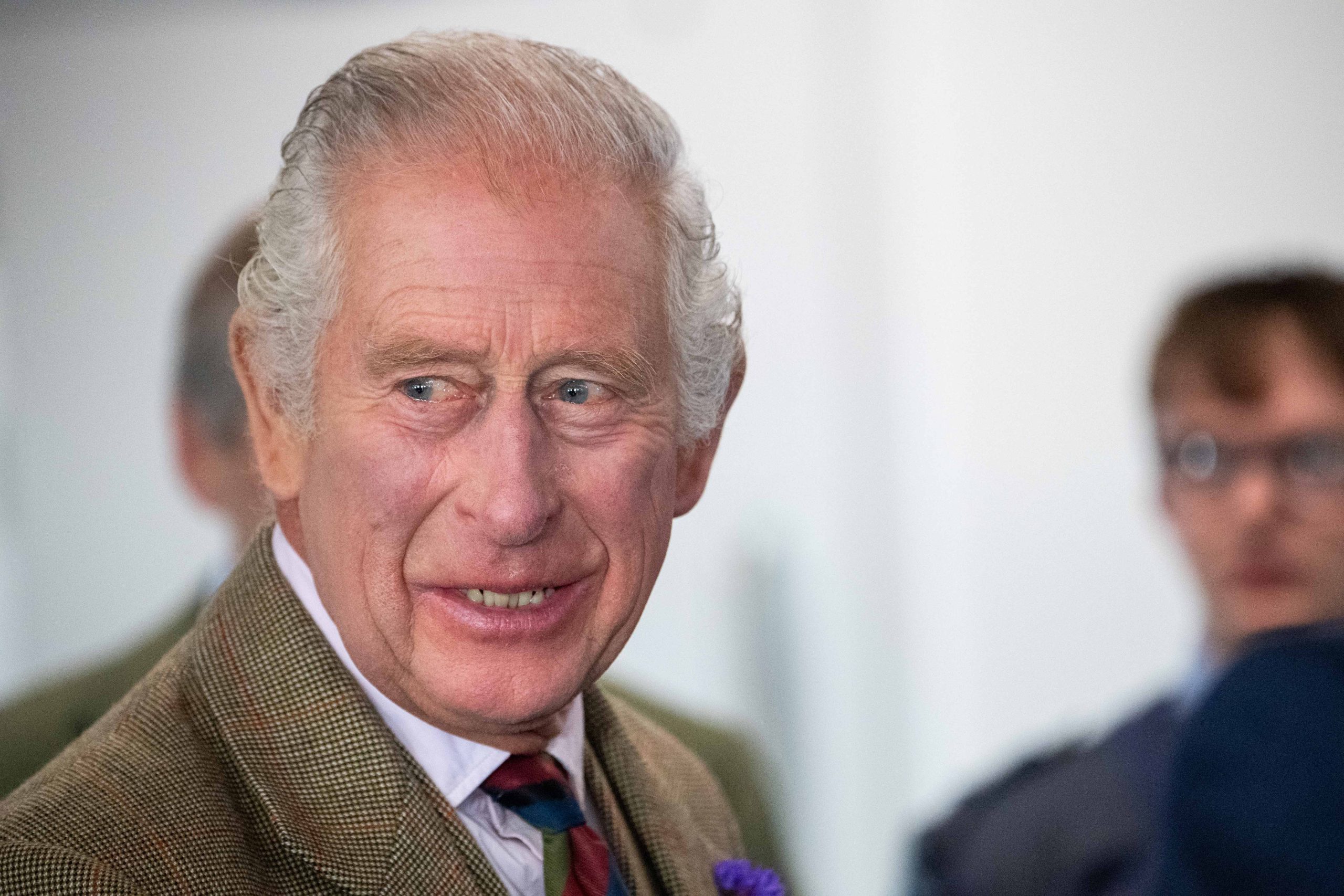Exciting news arrived in the form of an email from the USA.
It read: “I am Mrs Becky Bell of Auburn, Washington who won the $754,550,826 Million Powerball Jackpot on February 6, 2023. To show my appreciation to God, myself and my family are donating $750,000 to 20 people, hence you are getting this email… Reply to this email for more information and how to receive the donation. ”
Then came a letter through the post from the Chong Hing Bank in Hong Kong. It was from one Frederick Hoi Ji Ying.
He explained: “Your contact information was obtained from the United Kingdom records while searching for a relation to my deceased client, Engr. Romano Ross, a British oil and Estate Magnate with the same surname as yours who lived in Hong Kong for over three decades.
“He died of a heart attack a year after the demise of his wife and two children in an auto crash. Before his demise, he deposited the sum of US$ 69, 500, 240.00 placed under the management of our bank…”
A simple email would put me on the list of potential inheritors. But, intrigued as I was by the possibility of unimaginable wealth, I haven’t responded. Alarm bells rang. The name Romano doesn’t feature prominently in Clan Ross.
Meanwhile, there really was a Mrs Becky Bell who won the Powerball in Washington last year. But there are internet warnings that after her name was published, it was dubbed onto the scam emails designed to rip off those who rush to respond.
Digital descendants of Dickensian pickpockets
These are examples of the ingenuity of people who wish to enrich themselves at our expense; digital descendants of Dickensian pickpockets, although they are after more than the odd wallet or handkerchief.
Many use the phone. I used to get calls from people claiming to be from Microsoft. They urgently needed to get control of my PC. I would always politely explain that the computer was the property of my employer, so I could not help.
One of these callers was obviously having a hard day’s scamming, as he immediately responded by inviting me to perform an anatomically impossible act. When I said this rather suggested he was a criminal, he repeated the invitation.
An old friend of mine who lives on one of the remoter Northern Isles likes to engage scammers in conversation about their education and the like. One claimed to be calling from Silicon Valley, California, so my friend asked him to describe the weather outside, given he was in the midst of winter darkness. As one would expect, it was apparently brilliant sunshine – but at 2am?
Scammers often find a way. My credit card was used to book an expensive restaurant in New York a week before Christmas. I was informed of the suspicious activity by a text. But was that a scam? No, my card had to be cancelled.
This country seems to aid the rich becoming richer
The conviction amongst some that they should share in others’ wealth has a long history. Some of it enshrined in law. Take the recent Guardian story that King Charles is profiting from the deaths of thousands of people in the north-west of England. Their assets are secretly being used to upgrade a commercial property empire managed by his hereditary estate, the Duchy of Lancaster.
Financial assets known as bona vacantia, owned by people who died without a will or known next of kin, are collected by the duchy in England and by somebody called the King’s and Lord Treasurer’s Remembrancer (KLTR) in Scotland.
The Guardian calculated that over the last 10 years, more than £60 million had been collected in this way. It challenged the long-standing claim that, after deducting costs, bona vacantia revenues were donated to charities.
Only a small percentage of these revenues is reportedly being given to charity, and internal duchy documents reveal “how funds are secretly being used to finance the renovation of properties that are owned by the King and rented out for profit.”
Is the KLTR doing the same here? At a time when our public services are at breaking point, surely all revenues should be going to the public purse, and not be adding to already huge royal wealth?
But this country seems to aid the rich becoming richer. It has been estimated that even in the 15th century, around half the area of Scotland was still common land, mostly in the form of “commonties”.
These were large areas of land which the people of a parish could use, not least to access fuel and food. But, one way or another (read Andy Wightman’s book The Poor Had No Lawyers), neighbouring landowners got their hands on most of it by the start of the 19th century.
This leads neatly on to the urgent need for real land reform, but I seem to have run out of space…
David Ross is a veteran Highland journalist and author



Conversation